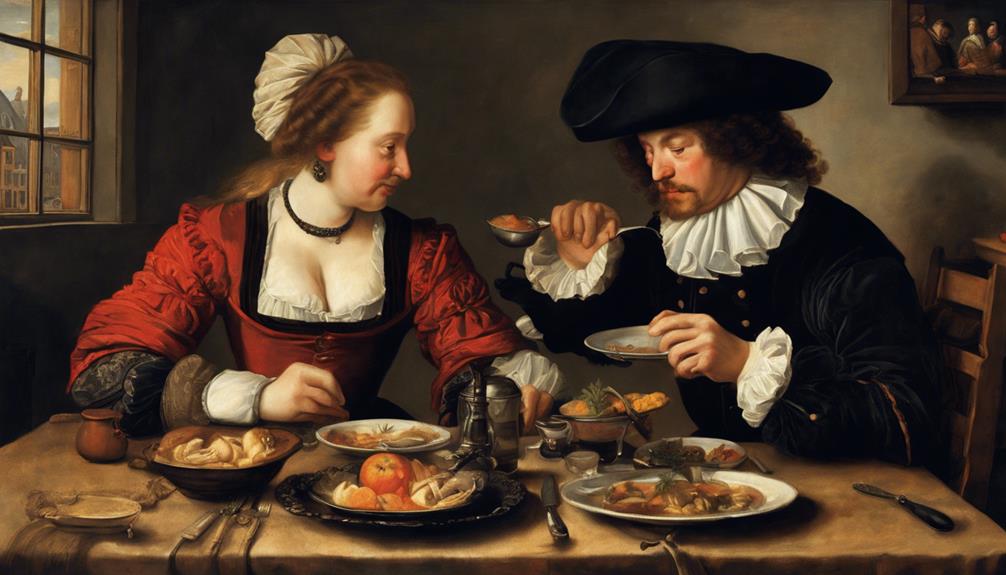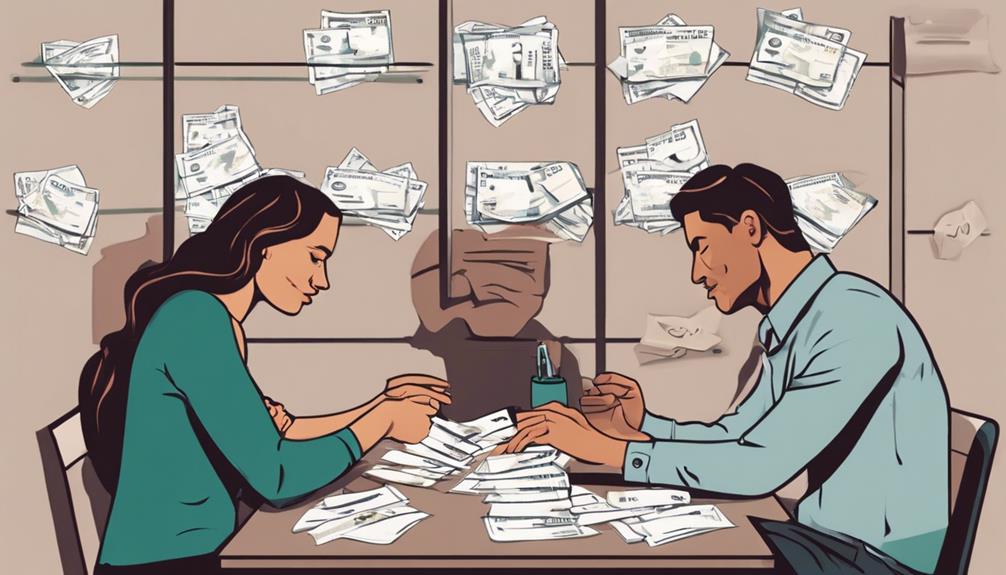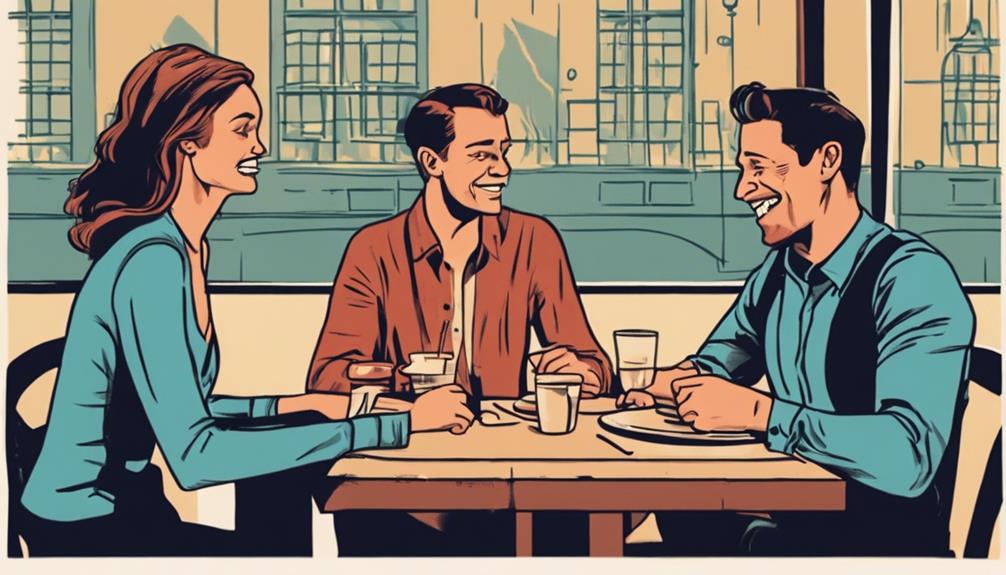Understanding the Concept of Going Dutch on a Date: Exploring its Meaning and Implications
So, you’ve found yourself at the end of a delightful meal, the bill resting innocently between you and your date.
The concept of ‘going Dutch’ on a date has sparked many debates and raised questions about modern dating practices. Should splitting the bill be a simple act of financial fairness or a statement of independence?
Let’s uncover the layers behind this seemingly straightforward gesture and explore its implications on relationships and societal norms.
Historical Roots of ‘Going Dutch

Dating customs have evolved over time, and the concept of ‘Going Dutch’ has its historical roots in shared financial responsibility between individuals on a date. The practice originated in the 17th century during the Dutch Golden Age, where it was common for people to split the bill to demonstrate equality and fairness.
This custom symbolized a mutual agreement to share the expenses of the outing, rather than one person bearing the financial burden. ‘Going Dutch’ reflects a shift towards more egalitarian relationships, emphasizing independence and equality between partners.
Over the years, this practice has become widespread in many cultures, promoting a sense of partnership and equality in modern dating scenarios.
Etiquette and Expectations

When it comes to splitting expenses on a date, understanding proper etiquette and managing expectations is essential for a harmonious outing. Communication is key; before the date, discuss your thoughts on going Dutch to avoid any misunderstandings.
Be open about your preferences, whether you prefer splitting the bill evenly, taking turns paying, or any other arrangement. Keep in mind that everyone has different financial situations, so it’s crucial to be respectful and understanding of each other’s circumstances.
Setting clear expectations from the beginning can prevent awkwardness or tension later on. Remember, the goal is to enjoy each other’s company and have a pleasant time together, regardless of who pays for what.
Gender Roles and Societal Norms

Navigating gender roles and societal norms can influence how expenses are split on a date, shaping expectations and interactions between individuals. Traditionally, there have been certain expectations around who should pay on a date based on gender. These norms often stem from historical practices where men were seen as providers and expected to cover the bill.
However, as society evolves, these norms are being challenged. Some individuals still adhere to traditional beliefs, while others prefer a more egalitarian approach where expenses are split equally. These differing views can lead to misunderstandings or discomfort if not openly discussed.
It’s essential to communicate openly about your expectations regarding splitting expenses to ensure a pleasant dating experience.
Pros and Cons of Splitting Bills

Gender roles and societal norms play a significant role in shaping individual perspectives on splitting bills on a date. When deciding whether to split the bill, consider the following pros and cons:
- Pros of Splitting Bills:
- Fairness: Splitting the bill promotes equality and fairness in the relationship.
- Financial Independence: Each person maintains their financial independence and avoids feeling indebted.
- Less Pressure: It can alleviate the pressure on one person to always pay for everything.
- Cons of Splitting Bills:
- Perception: Some may perceive splitting bills as a lack of chivalry or generosity.
- Awkwardness: Splitting bills can sometimes lead to uncomfortable conversations or situations.
- Mismatched Expectations: Varying expectations on who should pay can lead to misunderstandings.
Modern Perspectives and Dating Dynamics

In today’s dating landscape, understanding modern perspectives and dynamics is crucial for fostering healthy relationships. Dating dynamics have evolved significantly over the years, with traditional gender roles giving way to more egalitarian views on relationships. Communication, respect, and equality are key pillars in modern dating. It’s important to navigate these dynamics with an open mind and a willingness to adapt to the changing landscape. Below is a table highlighting some key aspects of modern dating dynamics:
| Aspect | Description |
|---|---|
| Communication | Open and honest communication is vital. |
| Gender Equality | Both partners contribute equally. |
| Individuality | Respecting each other’s independence. |
| Consent | Mutual respect for boundaries is crucial. |
Conclusion
In conclusion, going Dutch on a date means splitting the bill equally between both parties. It’s a modern and egalitarian approach to dating that challenges traditional gender roles and societal norms.
While some may find it fair and practical, others may prefer more traditional customs. Ultimately, the decision to go Dutch or not depends on individual preferences and the dynamics of the relationship.